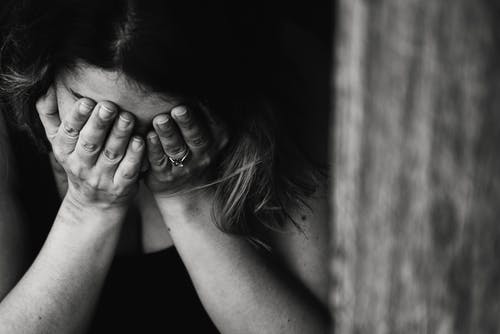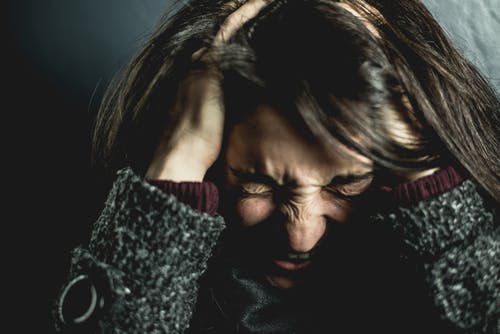Obviously, being a victim of any type of crime can be a very stressful and difficult experience. While some people are more resilient and learn to forget, cope and adjust, others experience a wide range of effects connected to their trauma for a long time, even as long as they live. If you or someone you love has fallen a victim of a crime and is suffering from trauma, here’s how you can help.
Types of trauma
All victims of crime can experience trauma, no matter if they suffered physical damage to their person or emotional scars or shock. Since every person is different, everyone reacts to trauma differently: some will have a reaction that lasts for hours, while others might suffer for weeks, months and even years.

In physical trauma, crime victims may experience serious injury to the body which can take the form of cuts, bruises, fractures or internal organ injuries. On the other hand, there is emotional trauma that leaves emotional wounds and shock that leave a long-lasting effect on the victim’s mental health. In both cases, people tend to experience intense stress reactions like heart palpitations, hypertension, muscle tension and hyperventilation.
Effects of trauma
While stress reactions are pretty normal and common, there are other effects of trauma that need special attention. Many victims often experience intense shock or numbness that makes the feel “frozen”.

Some people feel like their emotions are cut off and that they are “watching a movie” of their experience instead of really living it. Denial, anger and disbelief are also a common effect of trauma. Many victims choose to deny their trauma is a way to bury the painful feelings and memories of the crime. “There’s no way this could have happened to me” or saying other phrases that convey disbelief are also common. Some even experience intense anger or a desire for revenge.
A big number of crime survivors often end up suffering from Acute Stress Disorder that gives them insomnia, flashback, strong feelings of anxiety and tension, anger issues, memory and focus problems and symptoms of extreme distress. Acute Stress Disorder can last anywhere from two days to four weeks from the trauma. If the symptoms persist, the diagnosis becomes PTSD (Posttraumatic Stress Disorder).
Coping with trauma
When coping with trauma, here are some easy tips to keep in mind. First, it’s very important to find a reliable person to talk to and tell them how you feel and what emotions you are going through. When you feel overwhelmed, make sure to book an appointment with a therapist or talk to a close friend. In some cases, you might be eligible for compensation that will at least give you something good out of your trauma. Make sure to present your case to qualified personal injury lawyers and they will tell you exactly what your rights are. The money you get can be used for your treatment or be directed to a great cause like helping other crime survivors.

Also, don’t try to run away from your pain. Acknowledge your feelings, write them down and feel the pain. It’s also very important to take good care of your body by eating well, hydrating, exercising and resting.
What to avoid
While it might make things a little more bearable at first, alcohol and drugs are not the right way to relieve emotional pain, especially in the long run. Becoming an addict will only prolong your healing and shower you with a sea of new problems you’ll eventually need to address. Bottling your emotions is also not a good way to deal with feelings and trauma—emotions need to be expressed in order for the healing to commence. Blaming yourself is another common trait of trauma survivors. The crime that took place was not your fault, so let go of any guilt you might be harboring.

Some victims find that their life is completely changed after the trauma they went through. At first, life for them might seem empty and meaningless and they might not feel joy like they used to. However, with good coping mechanisms and healthy adjustment steps, the future might not be so bleak! Many victims of crime even find new meaning in their lives due to the trauma they experienced. What’s important to keep in mind is that everything passes with time, including emotional and physical pain and life can and will go back to normal if you give it chance!


